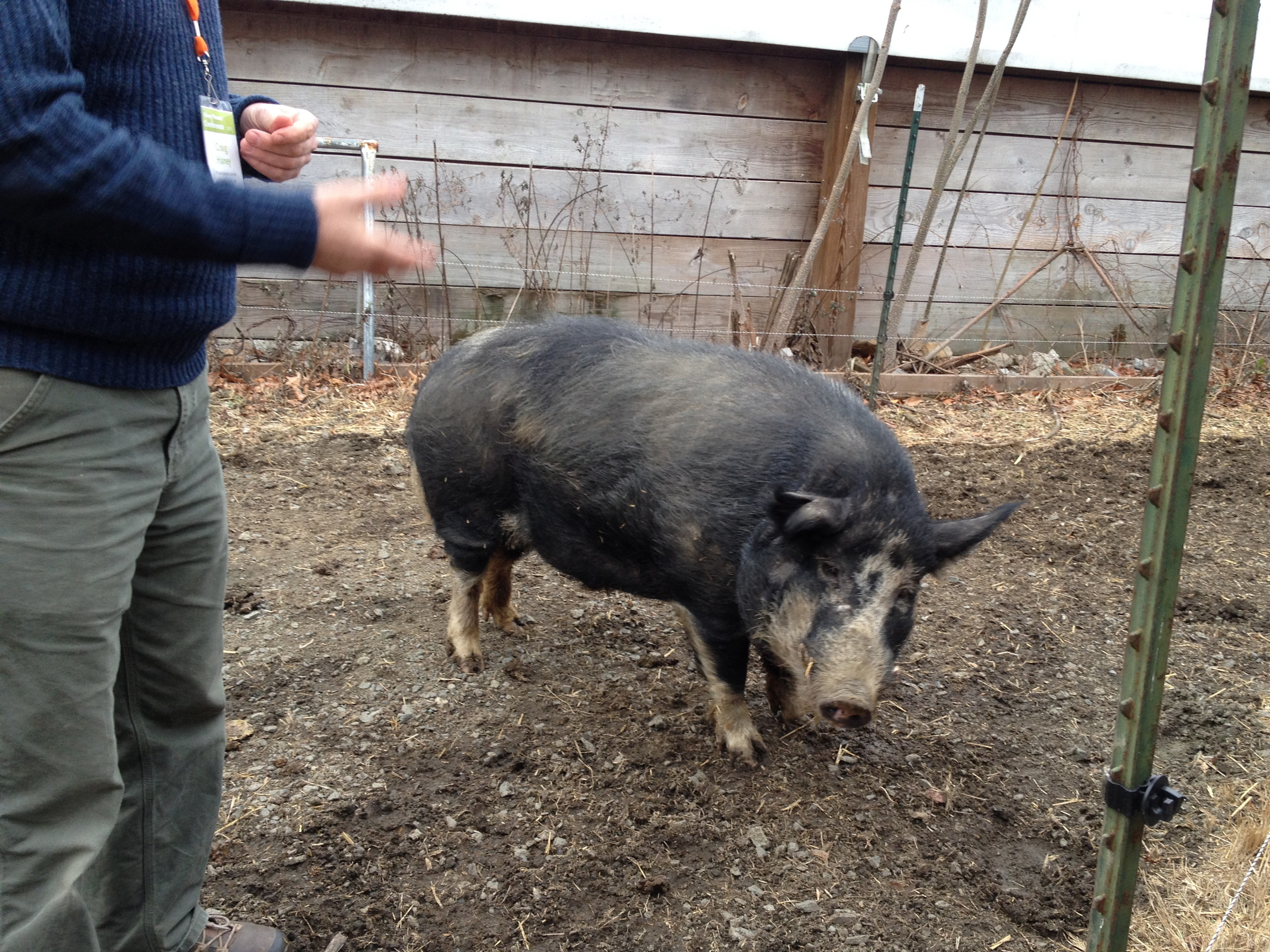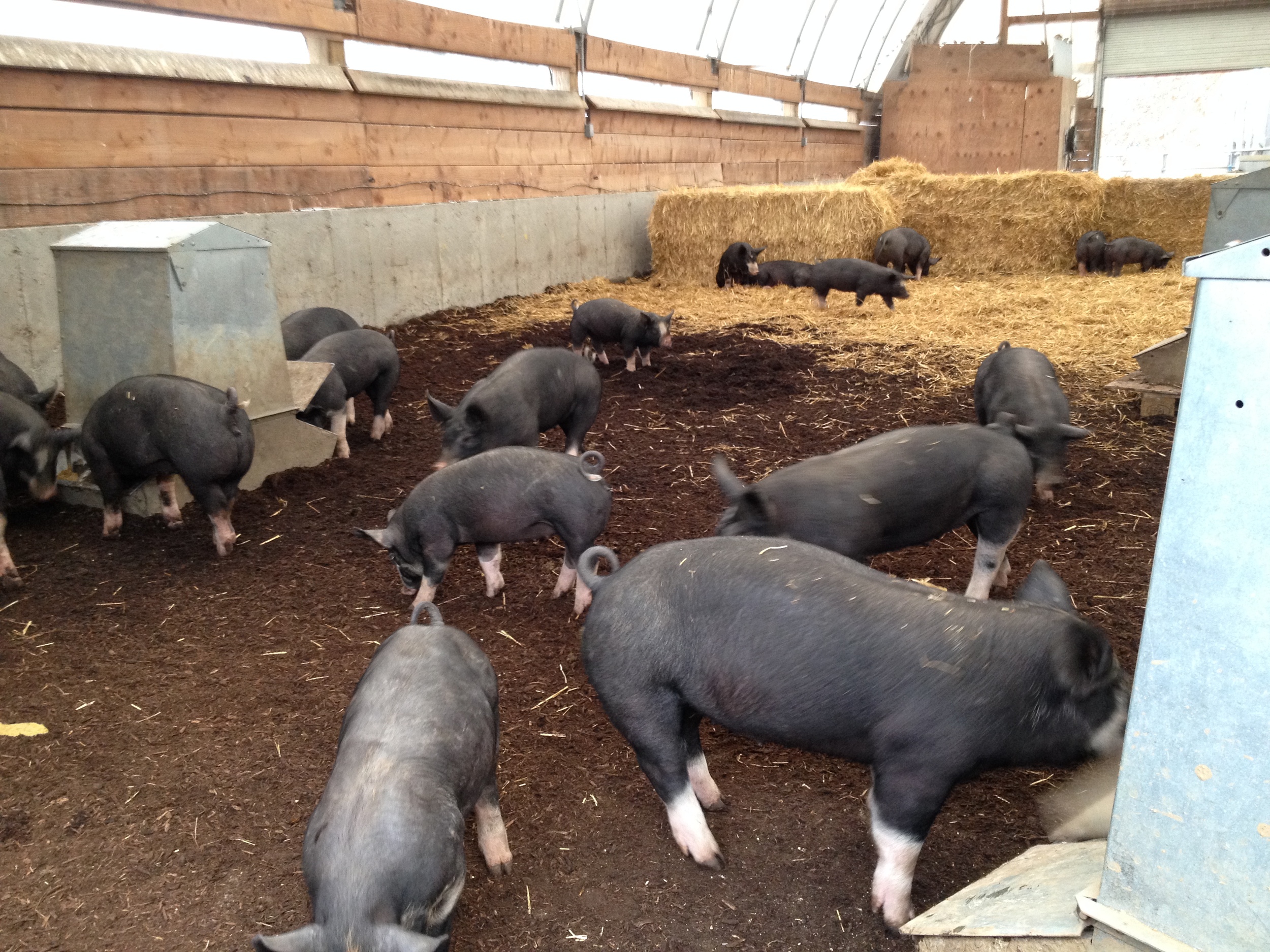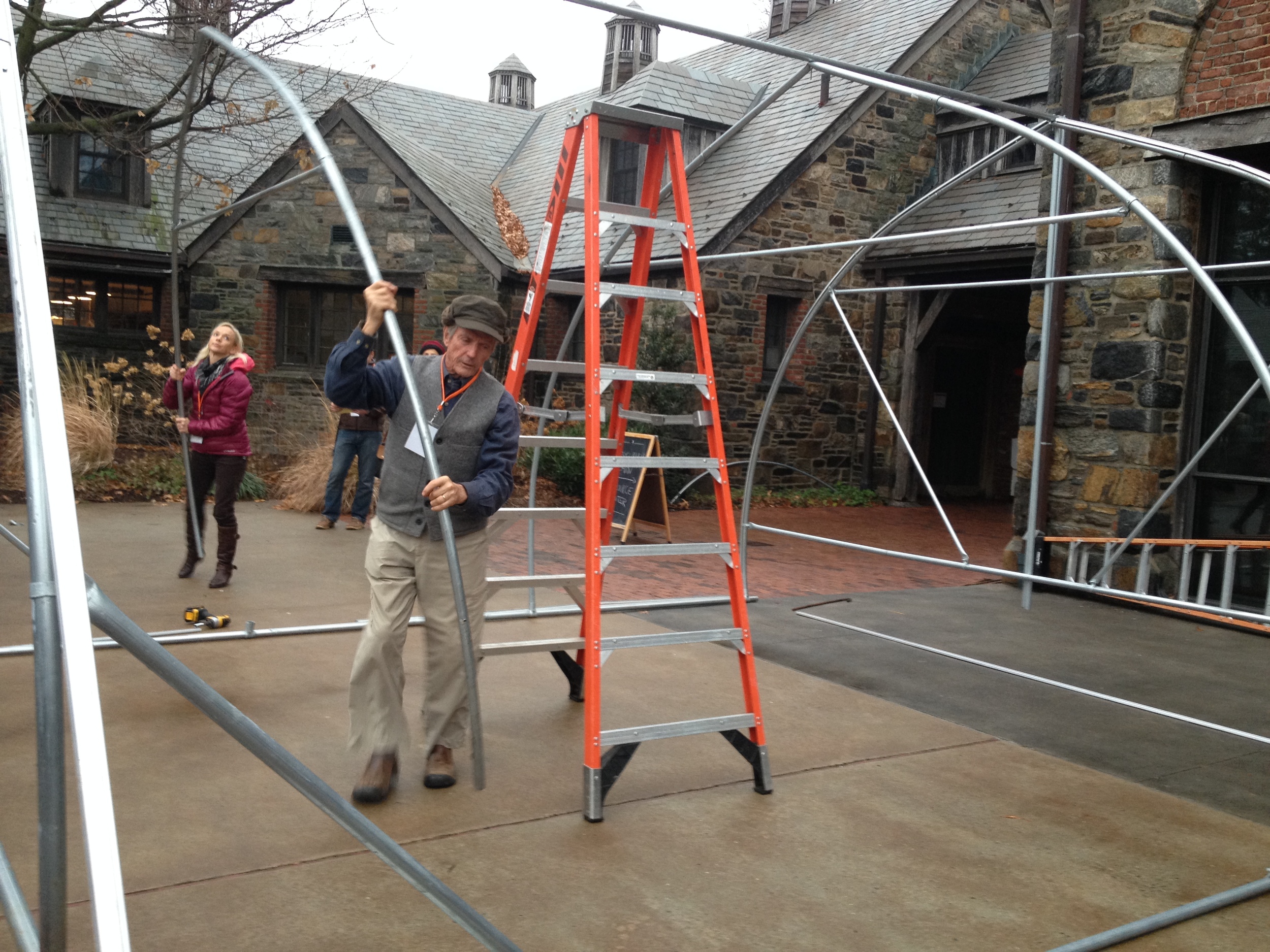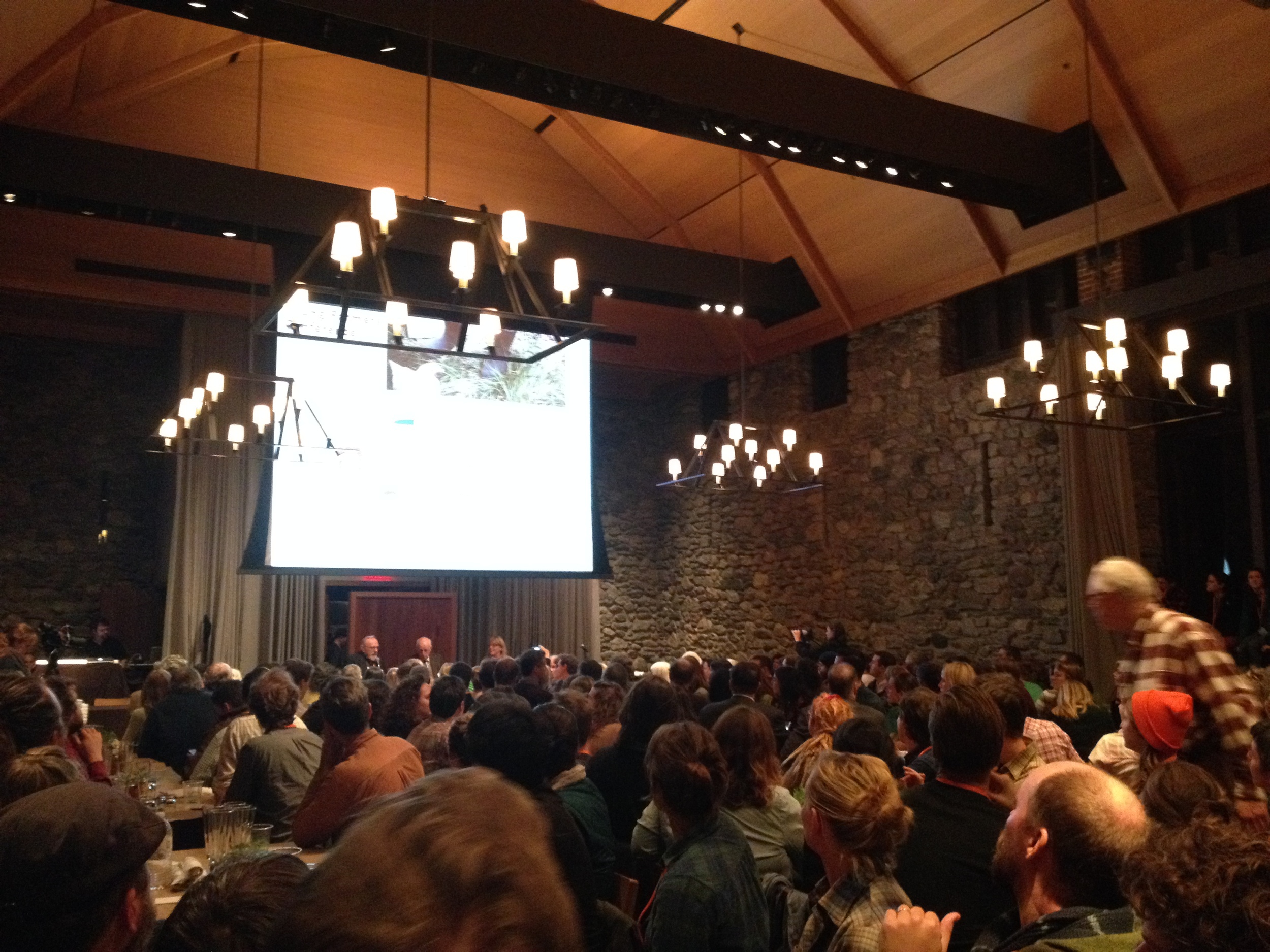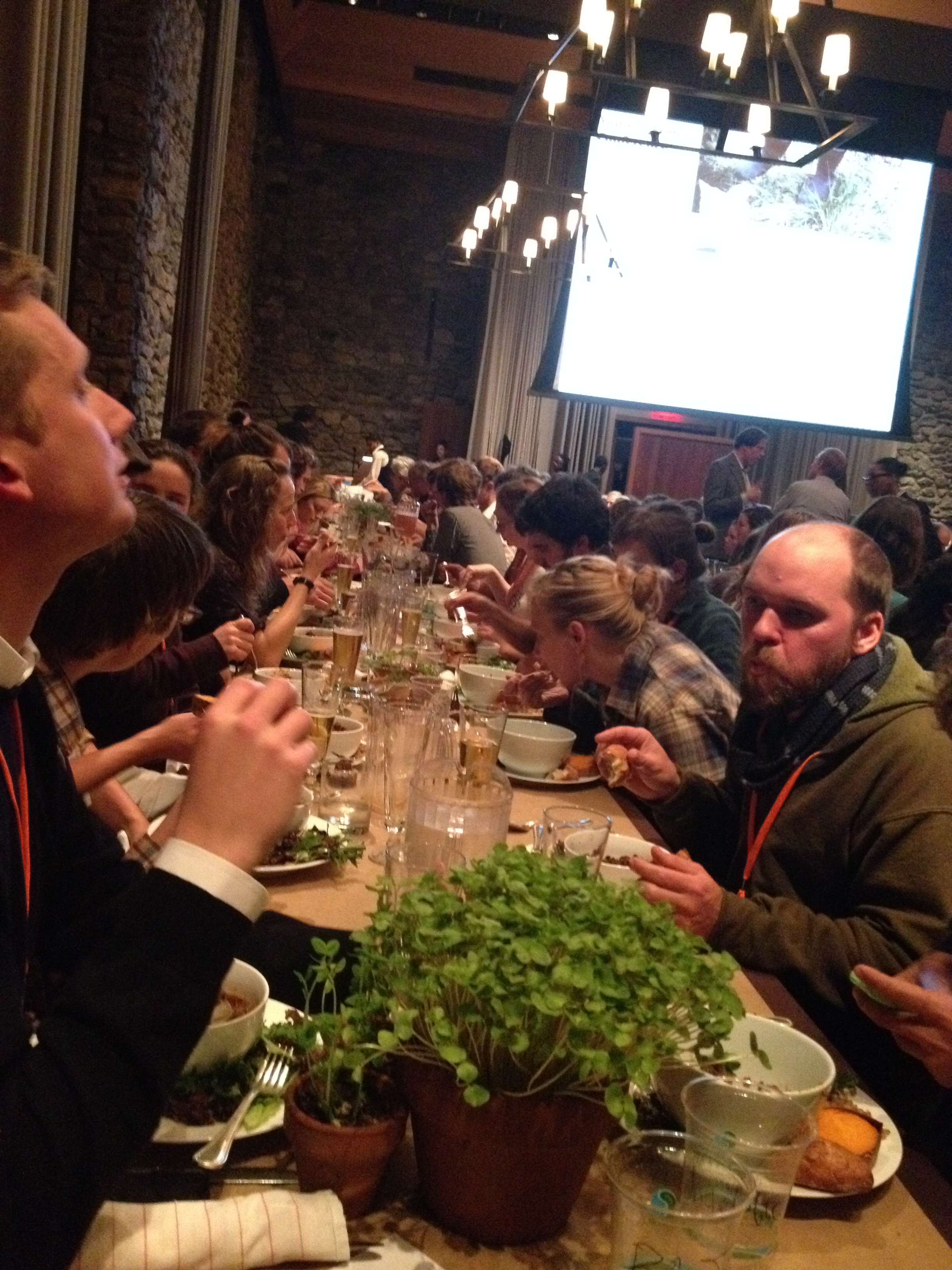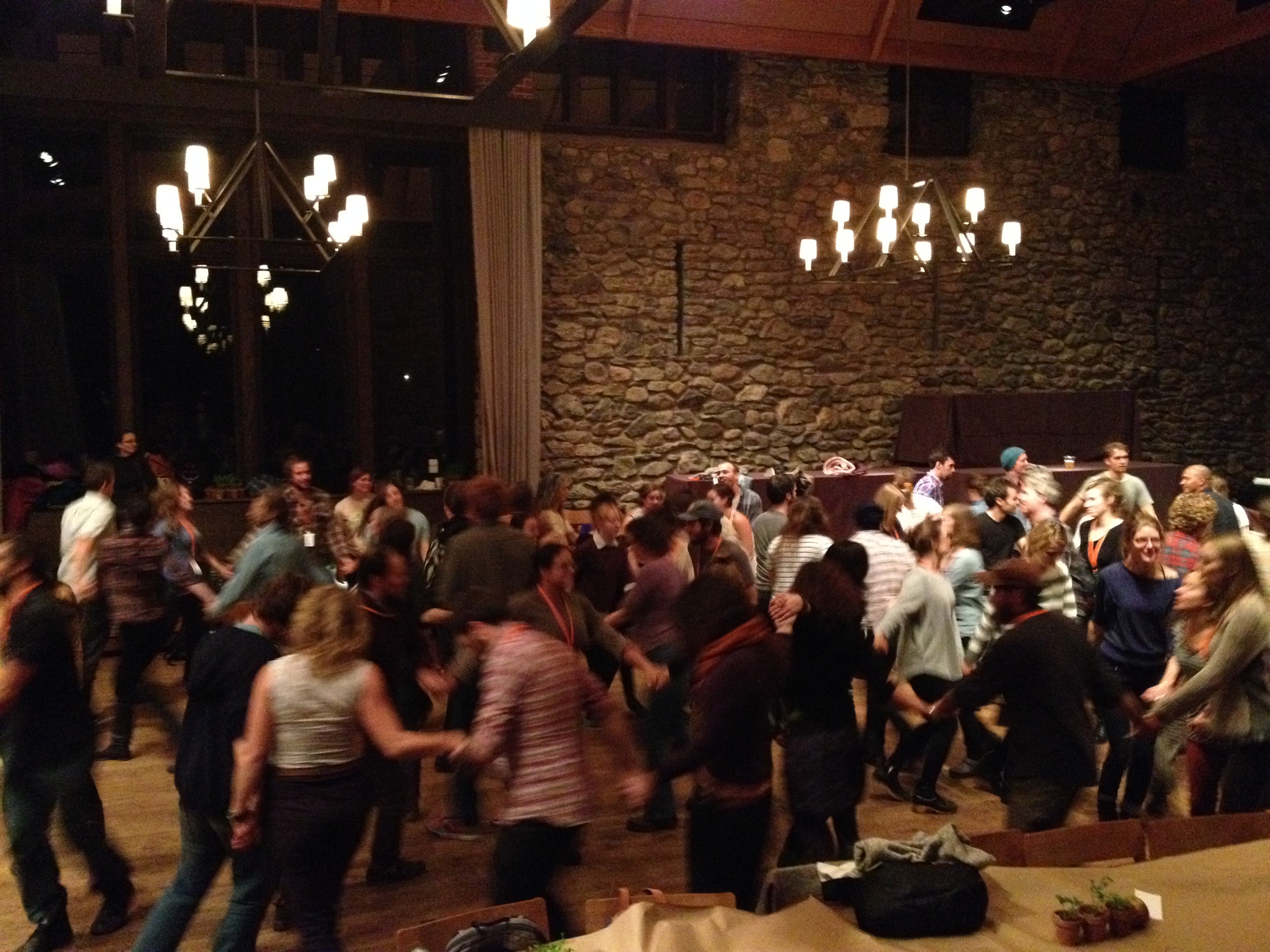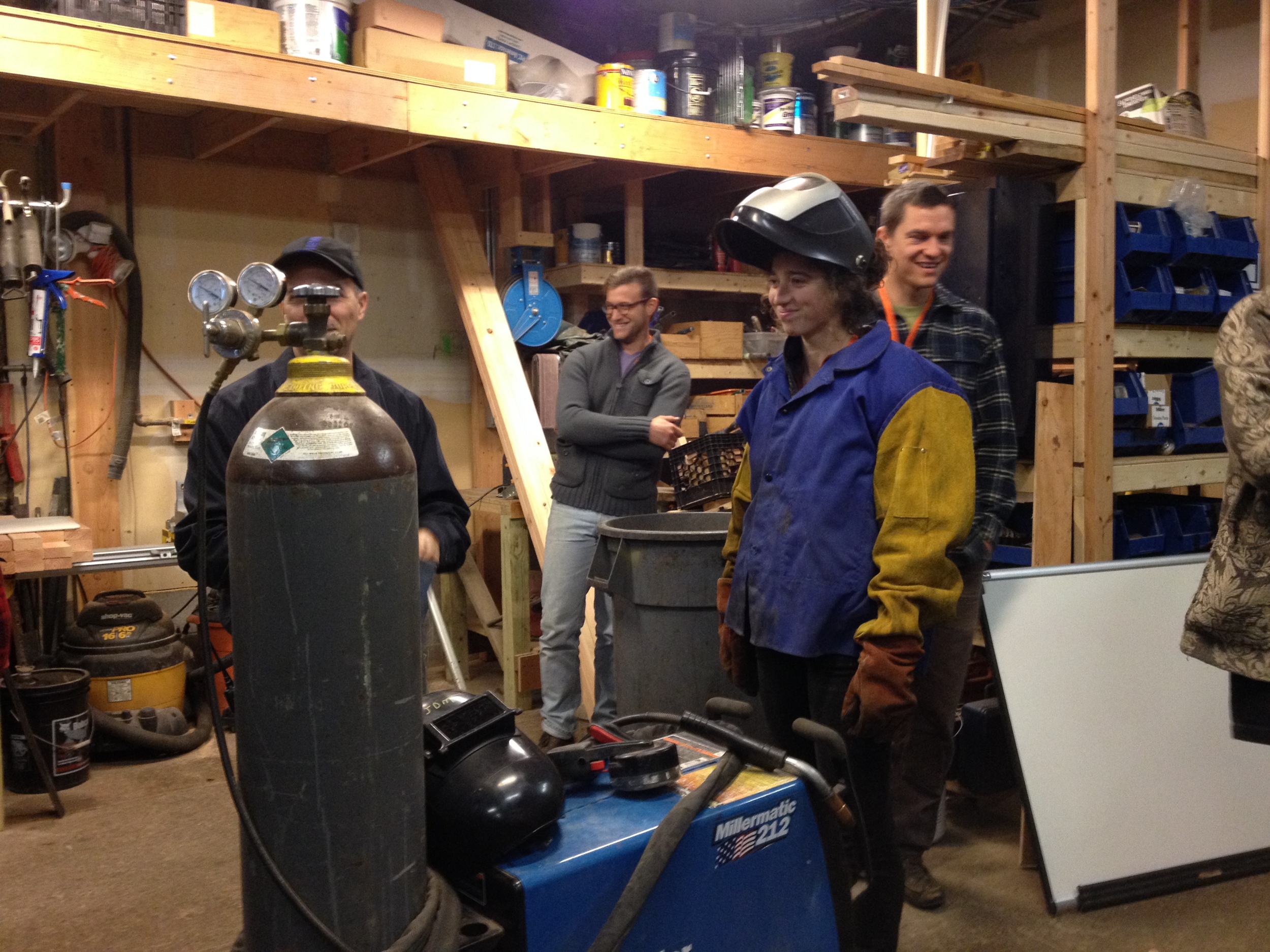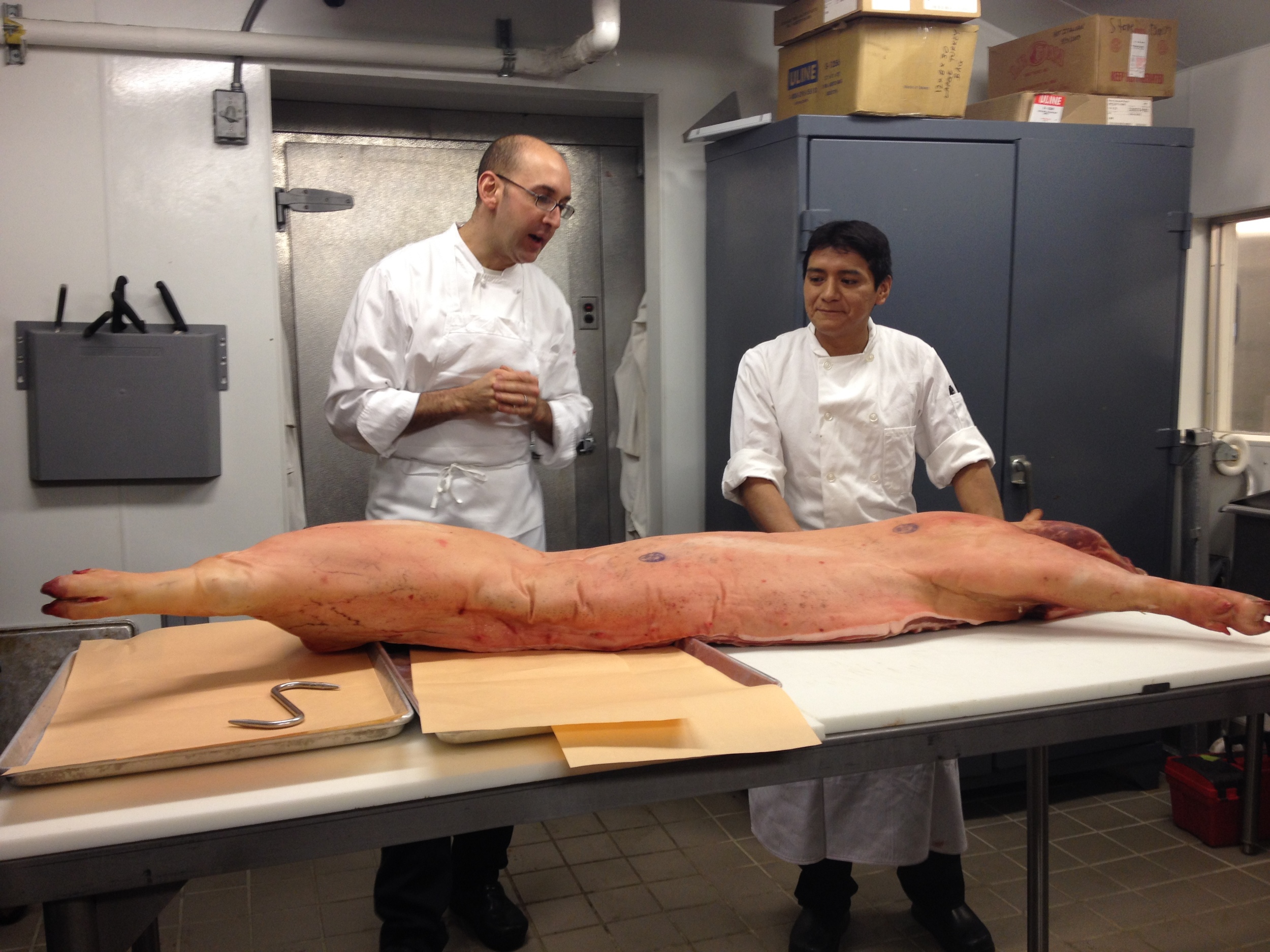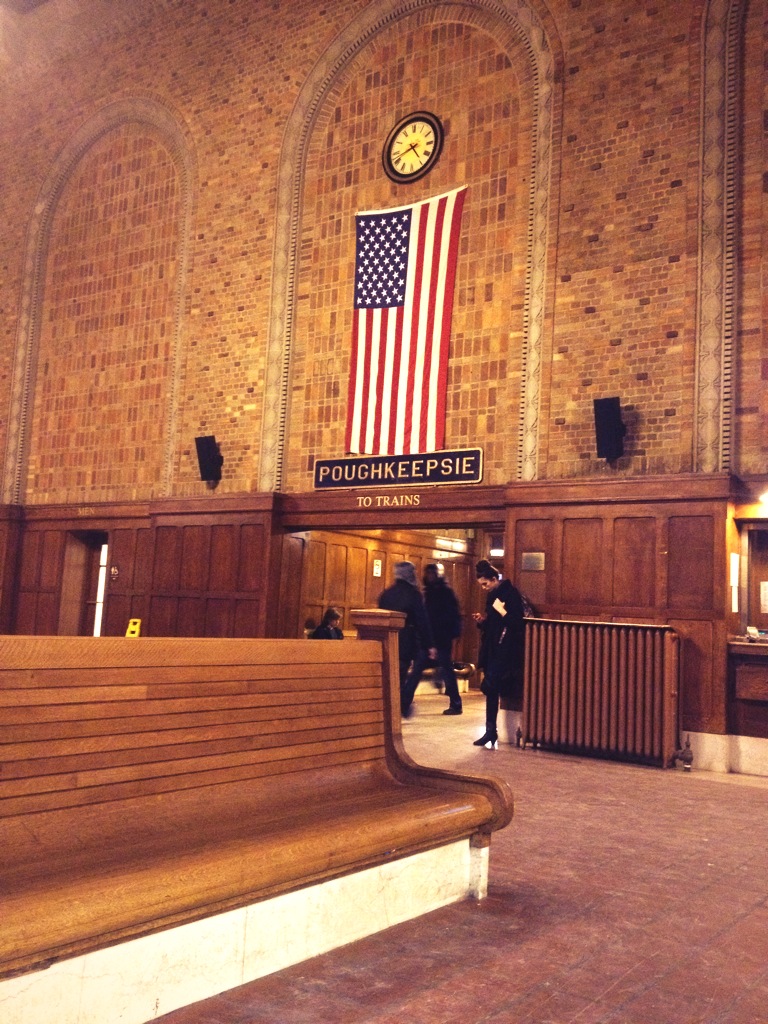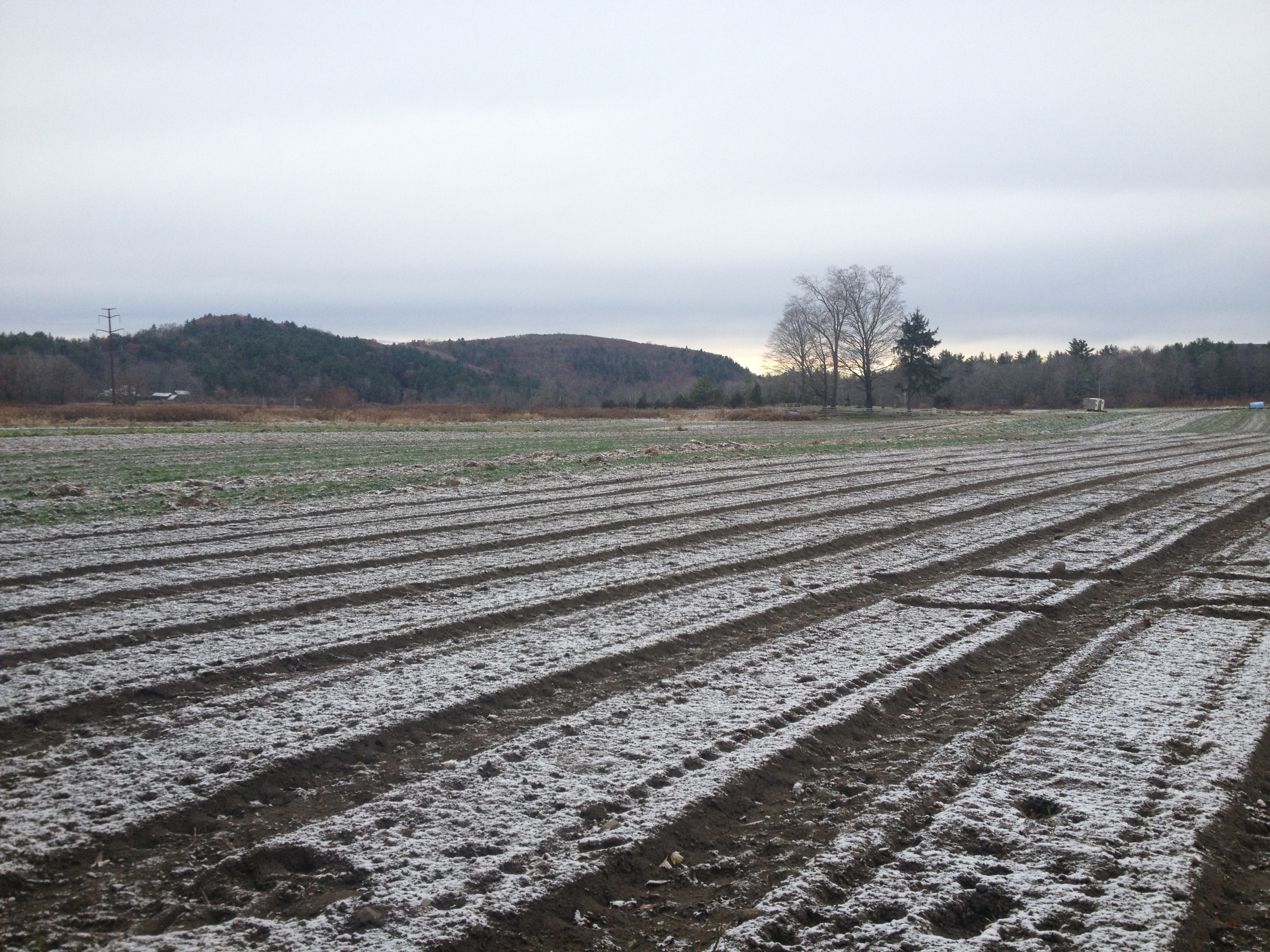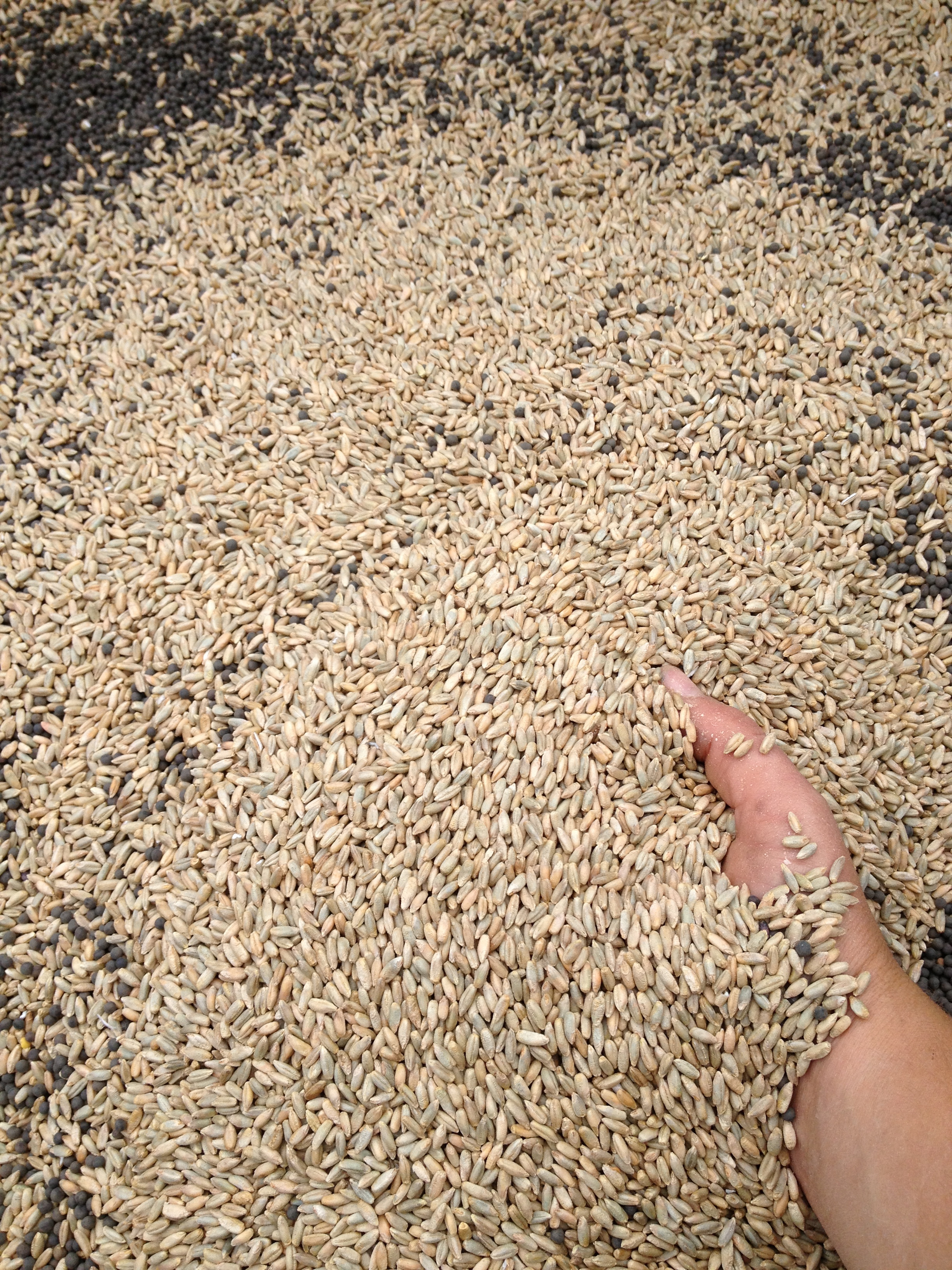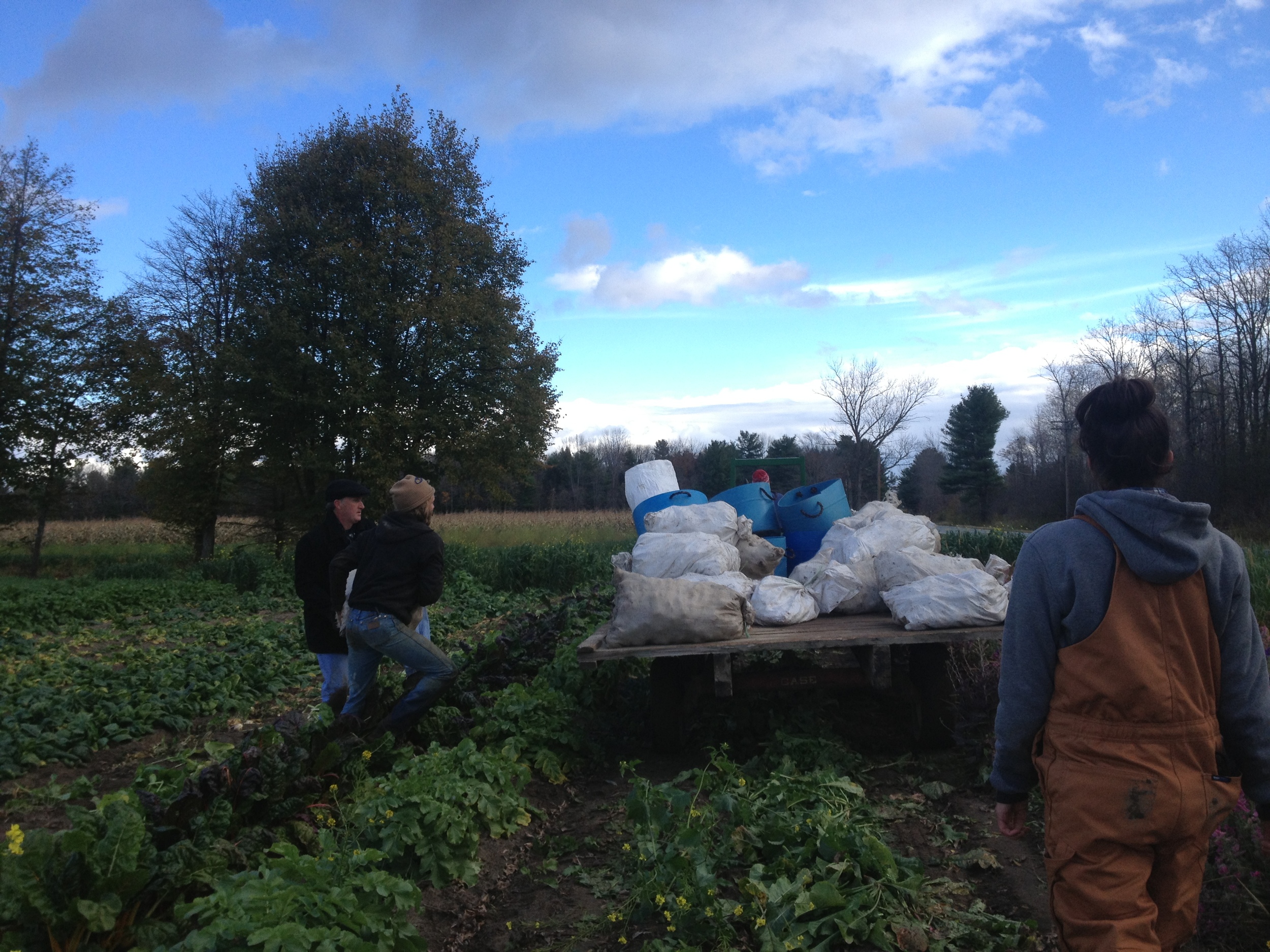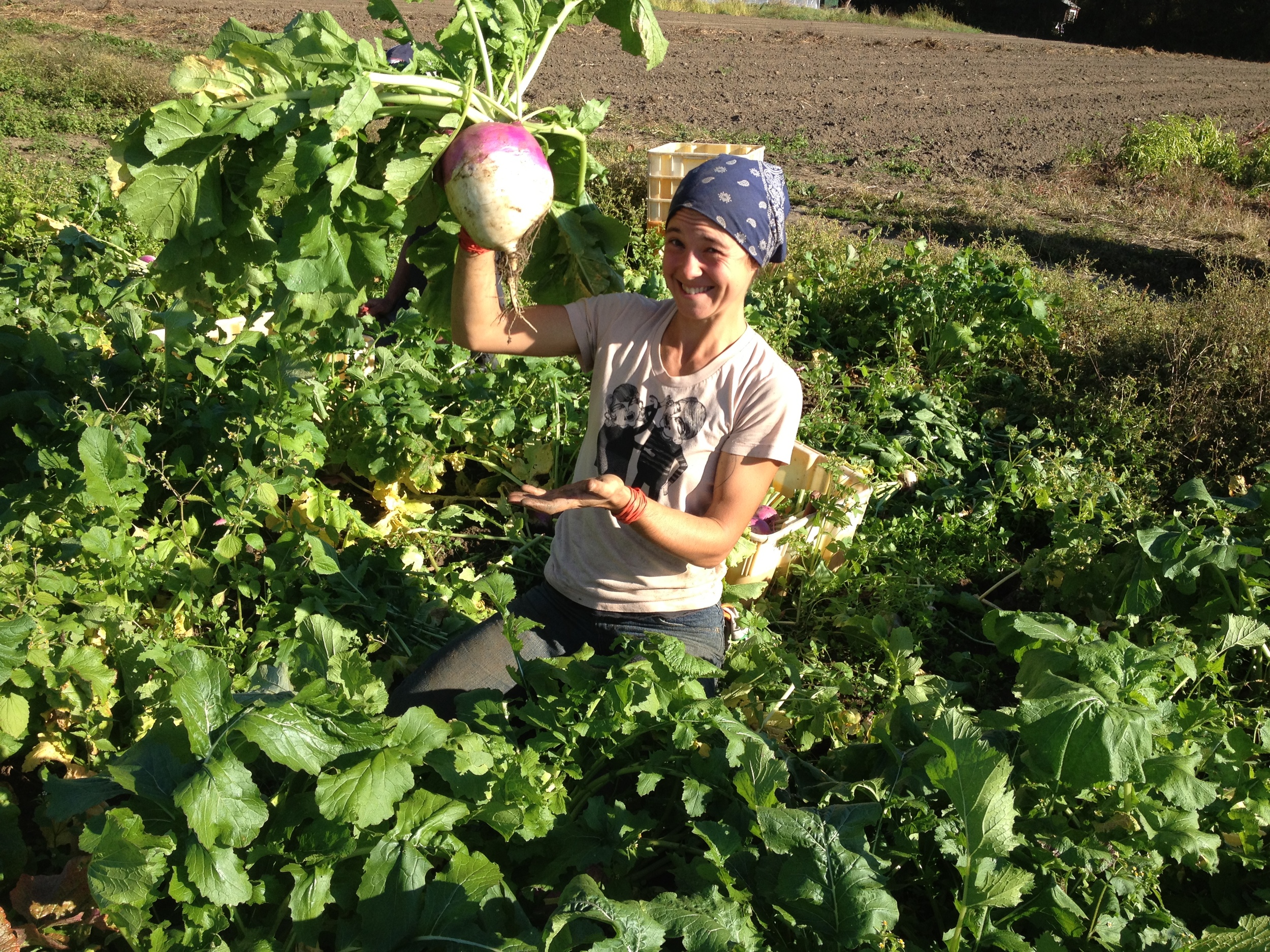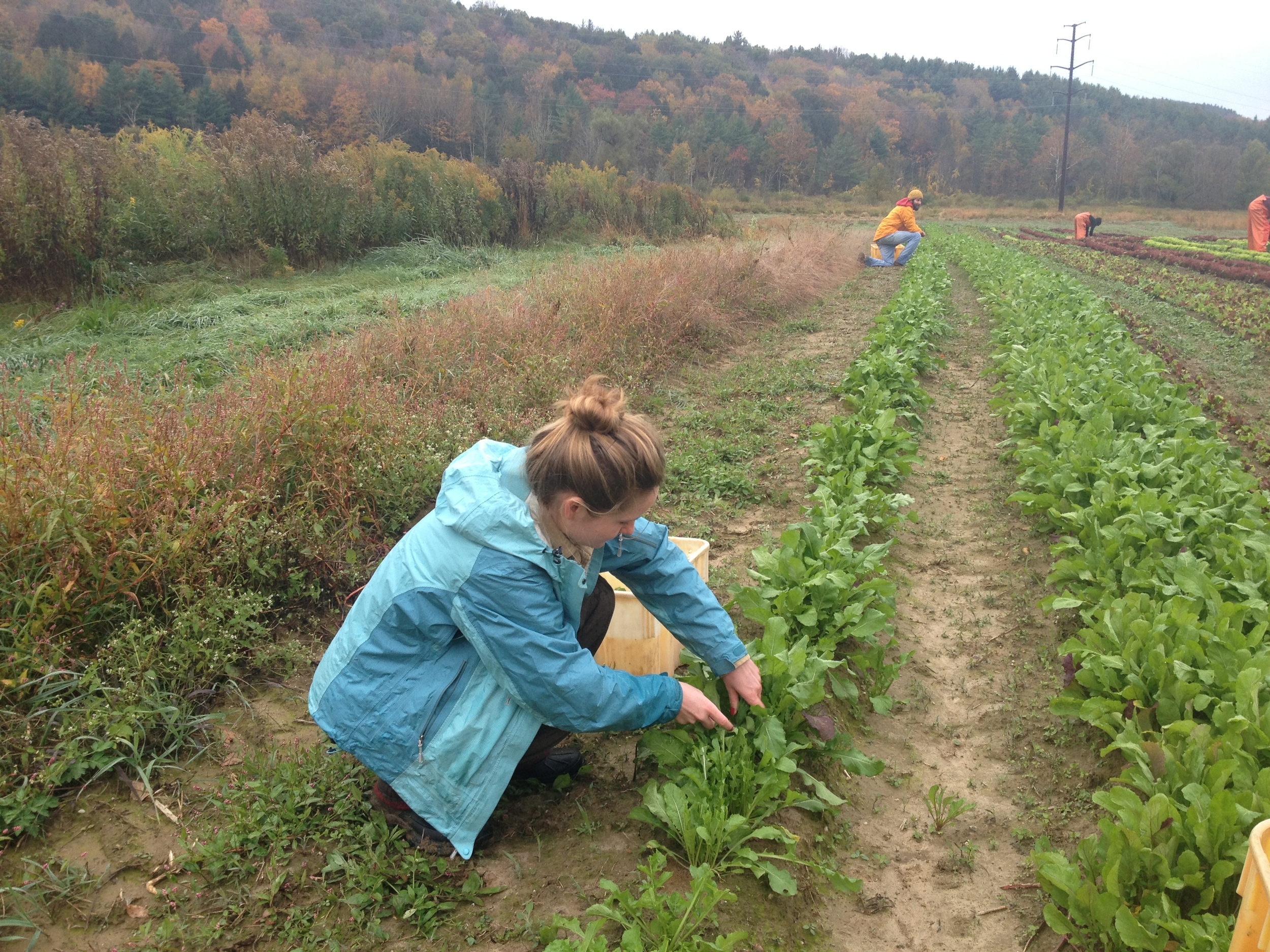Like many young people across the country, I spent this holiday season trying to explain to family members what exactly I do for a living. My situation had the added obstacle of a language and culture barrier. Here's a dramatic rendering of the kind of conversation I'm talking about, translated from my not-as-fluent-as-before Spanish.
Relative: So, have you finished your studies?
Emily: Yes, I graduated about three and a half years ago.
R: Oh, what did you study?
E: I studied anthropology.
R: Oh, so you're an anthropologist!
E: Well, not really...
R: What do you mean?
E: There are not really many jobs for anthropologists.
R: But that's what you studied, no?
E: I would have to keep studying and get a doctorate if I really wanted to be a anthropologist. I didn't study for a career. We have a different system there, so I just studied, you might say, arts and letters.
R: Ah. I understand. So, do you have a job?
E: Well, not at the moment. I work in the country, and there's not really work in the country in the dead of winter.
R: What do you do in the country?
E: Last year, I worked at a small vegetable farm.
R: Like a garden? What kind of vegetable did you grow?
E: We grew over forty kinds of vegetables. It's a kind of farm where there are, we might say, members. They pay before the summer, and then they come get vegetables every week.
R: Oh, so they come and harvest their own vegetables?
E: No, not really. We do all the work and they come pick up the box full of many different vegetables every week. Or sometimes we bring it to them, you know, in a van.
R: So what exactly was your job?
E: Well, everything. We plant, cultivate, harvest. With tractors, and tools, and with hands.
R: Tractors? Was the farm very big?
E: There were about 250 families who would come every week. It's a common system for small vegetable farms over there. It's called, let's say, agriculture supported by the community.
R: How interesting. So will you keep doing this work when you get back?
E: Not right now, because there aren't jobs like that in the middle of winter. But I have a few options for next year, starting in March or April.
R: Where do you go when you get home? To your parents' house?
E: For about a week, then I'm going to find a job as a waitress or something in a city in a state called Michigan. It's about four or five hours away from home. I'll stay there until my next job in the country starts in March or April.
R: When the snow melts?
E: Exactly.
R: Very interesting. And what about anthropology?
E: Anthropology has nothing to do with it.
End scene.



